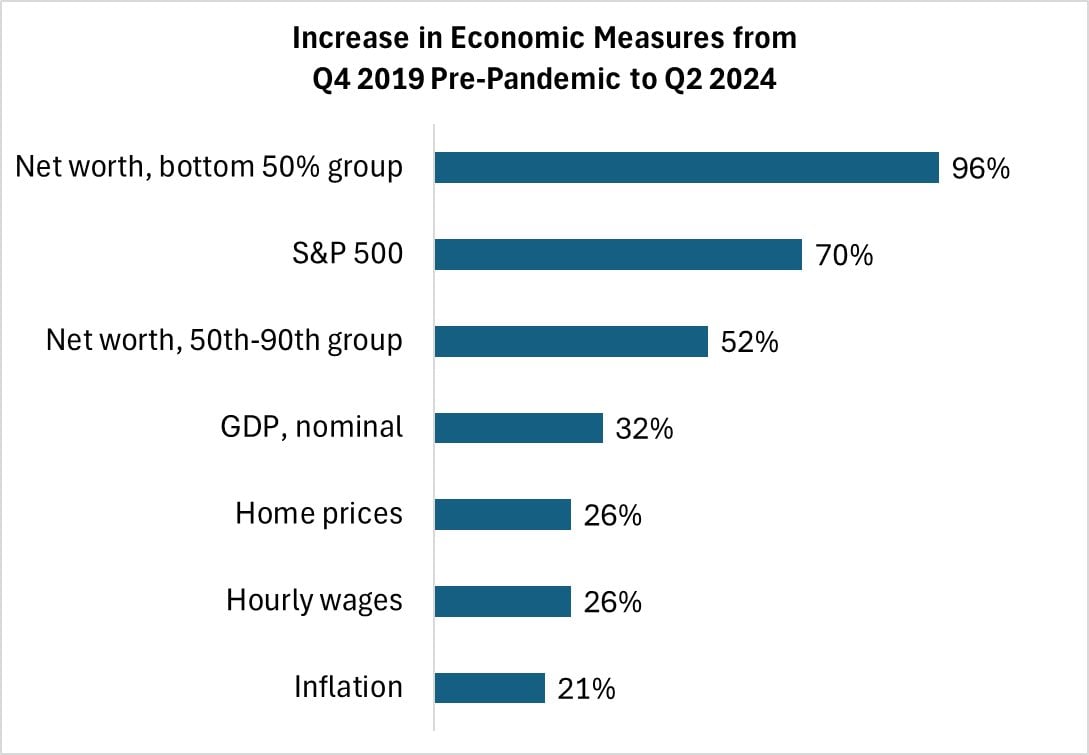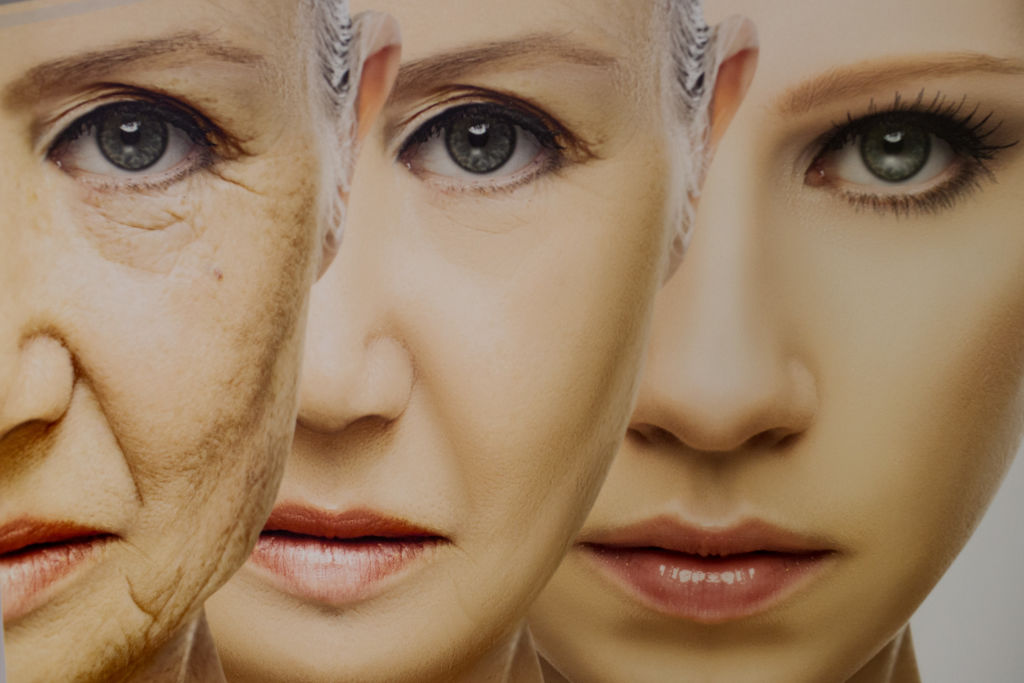The immune-suppressing drug rapamycin, originally used for kidney transplants, is gaining attention for its potential to slow aging.
Stop giving insane people hope that they will ever be able to realize their insane ideas.
Worse part is people that need these drugs for, you know organ transplants, won’t be able to get them.
Fear not, this will only be available to the super rich.
However, you will be able to feed your children by selling your organs, so we’ve got that going for us.
See that’s the interesting thing about rapamycin, it’s an old drug that has been used for immuno-suppression for years now, only just now scientists are discovering this interesting side effect. The patient on rapamycin has expired so you can get a generic prescription for cheap.
But ironically because the patent expired there’s no money in it for the drug companies to get it approved for longevity purposes, so who knows if it will ever become approved for this purpose.
There are one or two countries outside the US that can approve drugs for use.
Indeed there are, but just under half of all of medical studies performed world wide are performed in the States, roughly half of the world’s pharmaceutical companies based in the States, and the US has consistently lead the world in medical innovations, with almost 50 percent more innovations than from the EU and Switzerland combined.
My point is not to sound US centric, but to say there is a lot of capital and willpower in the US pharmaceutical industry, and without that willpower it will be significantly harder to get rapamycin accepted as a viable longevity drug.
And then you’ll get a legit prescription for the drug!
Step 3: profit!!!
Okay but is preventing aging worth suppressing your immune system? That’s seems like a bad idea
Can’t grow old if you die young.
It all depends on the dosage. Remember, suppressing the immune system means that you are reducing inflammation, which in aging is a huge component.
As the dosing regimen hasn’t been nailed down, you can absolutely overdo this and cause problems, but currently a low to medium dose only once a week, not once a day, is the regimen.
The primary mechanism of action for low-dose rapamycin in longevity is inhibiting mTOR. Reduced inflammation is an important side effect, but mTOR inhibition is the goal. It mimicks fasting, causing cells to ramp up autophagy—a natural process by which organisms recycle half-functioning cells (senescent cells) and use the proteins to build new cells that function properly and don’t produce toxic byproducts.
mTOR inhibition is not the only pathway in cellular metabolism that triggers autophagy, but it’s a major one with a measurable effect.
In simpler terms, inhibiting mTOR by fasting (or by mimicking fasting with intermittent low-dose rapamycin), signals that times are tough and pushes organisms to hunker down for survival. This is good, because it promotes better overall health at a cellular level. The reduction of toxic byproducts from senescent cells is likely a driver of the reduced inflammation that has been observed.
That said, “anti-aging” is a cringey buzzword that hurts the credibility of the field.
Rapamycin has the most promise of any longevity intervention, with over 20 years of research and results that have been reproduced by the NIH.
It’s difficult to fund a clinical trial in humans for this particular use of rapamycin, however, because there is no profit motive for pharmaceutical companies. FDA approval for new uses of an off-patent drug won’t make pharma companies rich. The same problem exists for research on many traditional medicines.
Here we go again -
Forever young
I wanna be forever young
I don’t want to be forever young, but I’d love to feel like I’m in my 20s until I’m 100.
Or feeling like you’re 35-40, when you’re 70.
I’m not going to read the article, because I don’t care enough to know about the biochemical mechanics at the moment, but it doesn’t sound unreasonable to expect that medical science will continue to find new ways to extend the average lifespan, and quality of life, relatively speaking.
Whether or not this treatment will help in that, I don’t know.
Early 20s. Also go to college just 4 fun and with no credits or exams, and preferably for free. Listen to cool-sounding math shit, look at girls’ behinds, flex your Linux skills
ITT: People who don’t know what they’re talking about
If you thought Viagra and Ozempic had a market, just wait…
This will be huge amongst the wealthy.
Britney Spears TOXIC plays in the background
Why do people want to live longer? The world’s not getting better…
Objectively, it is. Billions of people have been lifted out of poverty during my lifetime
Good for those people… Western societies are seeing increase in poverty especially since covid but really since at least 2008
But strong corporate propaganda tho
The United States data:

Which countries are you talking about?
🤡
Nobody’s stopping you from living shorter if you think that the world is going down the drain anyway.









